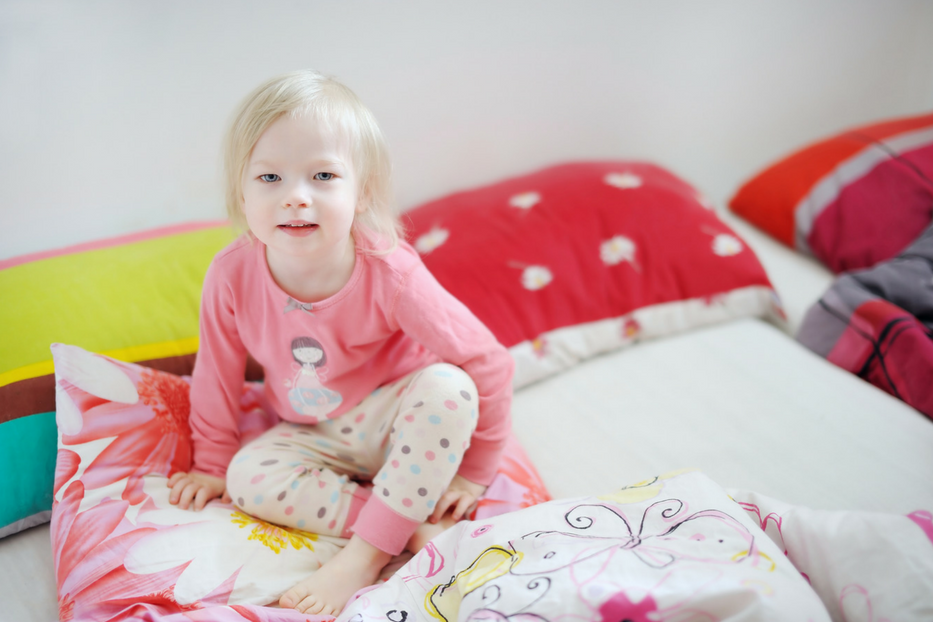Sleep consulting is a booming industry. As the number of practicing sleep consultants grows, so do your options. It may seem daunting to find the best sleep consultant to help your baby or young child sleep. As tempting as it is to go with the first sleep consultant that comes up in a Google search, fully vetting your options is your best bet for finding a perfect fit.
While most sleep consultants share background information on their websites, a phone interview allows for a more rich dialogue. It also allows the sleep consultant to assess if she is able to meet your needs. Most sleep consultants will offer this at no cost.
Here are some things you may want to consider:
Have they completed a certification program?
While there are currently no accrediting bodies for sleep consulting (such as the IBLCL for lactation consultants or the ICHWC for health coaches), there are a handful of robust training programs internationally. By selecting a sleep consultant who has gone through a certification program such as the Family Sleep Institute, you’ll ensure they are knowledgeable in evidence-based methods rather than just relying on their own personal approach.
What formal education do they have?
It’s certainly not necessary to have a higher education to be a good sleep consultant but there are many related fields that add value to a sleep consultant’s practice including:
- Public health
- Maternal and child health
- Family studies
- Child development
- Nursing
- Social work
- Health behavior and education
Do they have training and experience to meet my family’s unique needs?
While sleep consultants can’t diagnose or treat medical conditions, those with specialized training can customize their approach within their scope of practice. If your family has any of these unique needs, consider a sleep consultant with additional training:
- Breastfeeding (lactation experts)
- Sensory disorders (occupational therapists)
- Co-parenting challenges (marriage and family counselors)
- Anxiety or depression (mental health counselors)
- Limit setting and parenting concerns (parent educators)
- Nutrition concerns (nutritionists)
- Neurological disorders like autism, ADHD (behavioral pediatricians)
- General health and well being (health coaches)
What is their professional philosophy on sleep?
Each sleep consultant has a professional philosophy on sleep that guides their practice. This may or may not be the same as their personal philosophy or how they address sleep in their own family. That’s OK as long as their professional philosophy is unbiased, non-judgmental, and supportive of your parenting approach.
What sleep training methods do they support?
Many sleep consultant certifications include a wide-range of approaches, while others limit to one narrow approach. The benefit of using a sleep consultant that has been trained in a variety of methods is that it allows a weaving of approaches to best meet your family’s needs. It also allows the sleep consultant to adjust the approach over time based on results.
The bottom line: Does it “feel right”?
You’re probably not going to be 100% comfortable with any sleep training approach. If you were you wouldn’t be looking for a sleep consultant, right? The sleep consultant’s role is to guide and support as you step outside your comfort zone. In order to do this well, there must be two-way communication with honesty and respect. If it doesn’t feel like you can have this type of relationship, trust your gut and keep looking!


